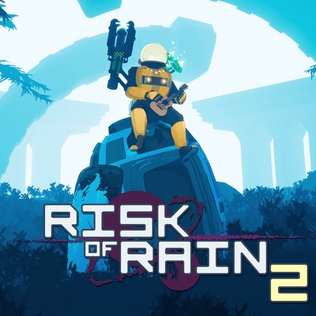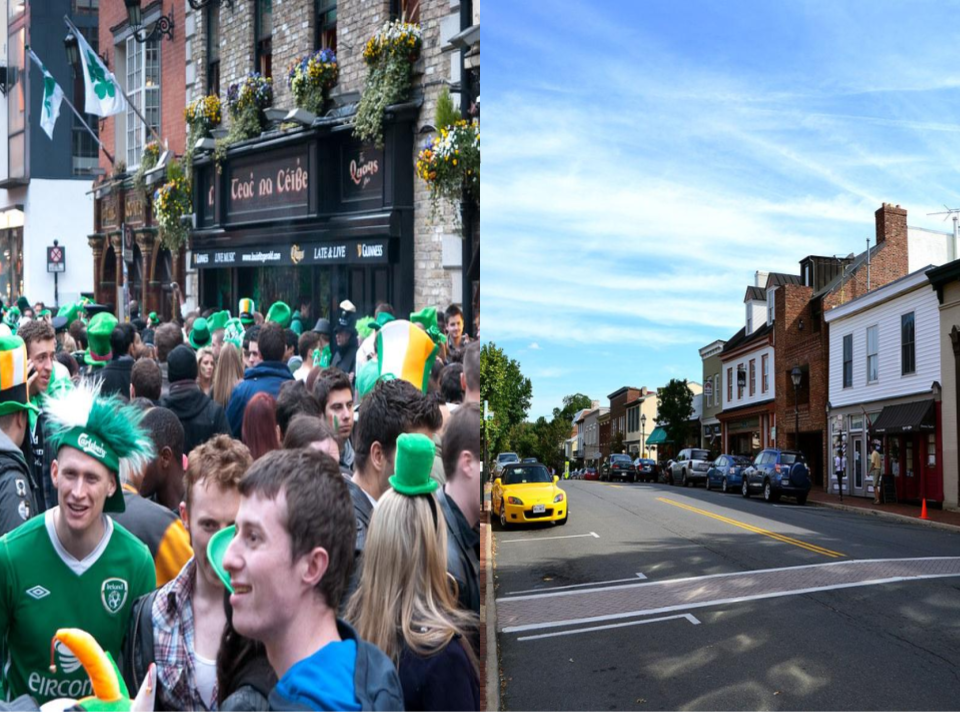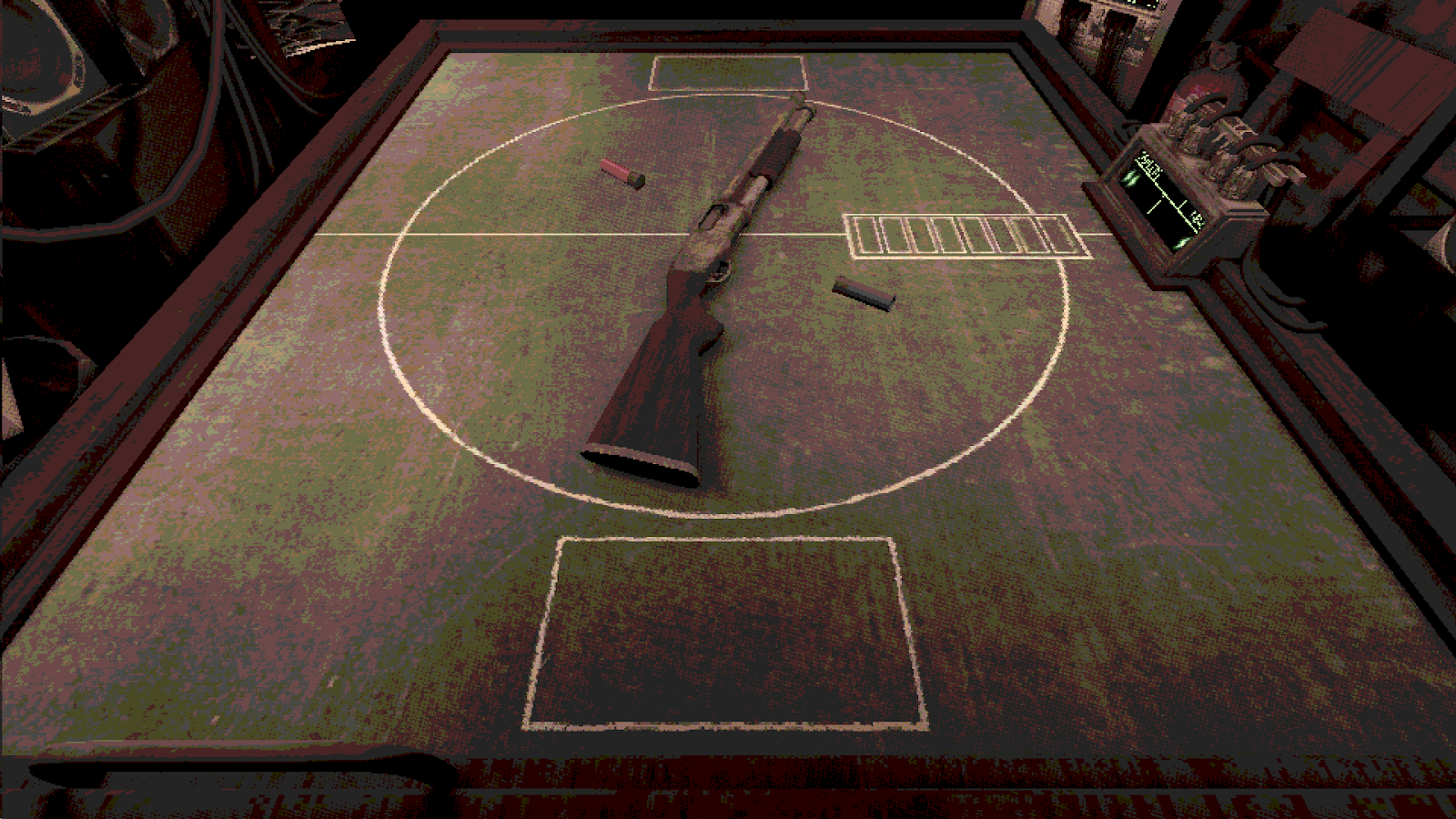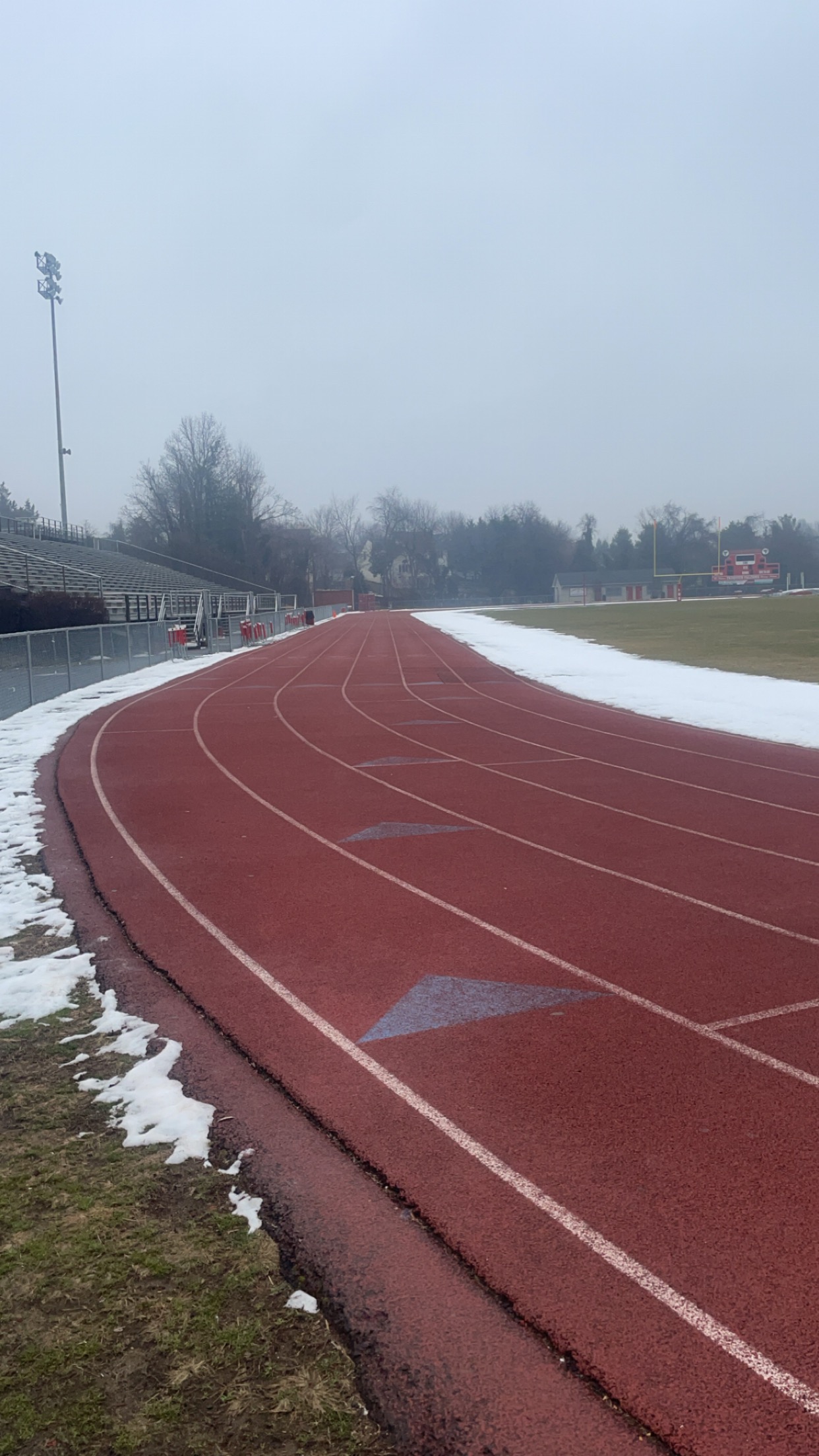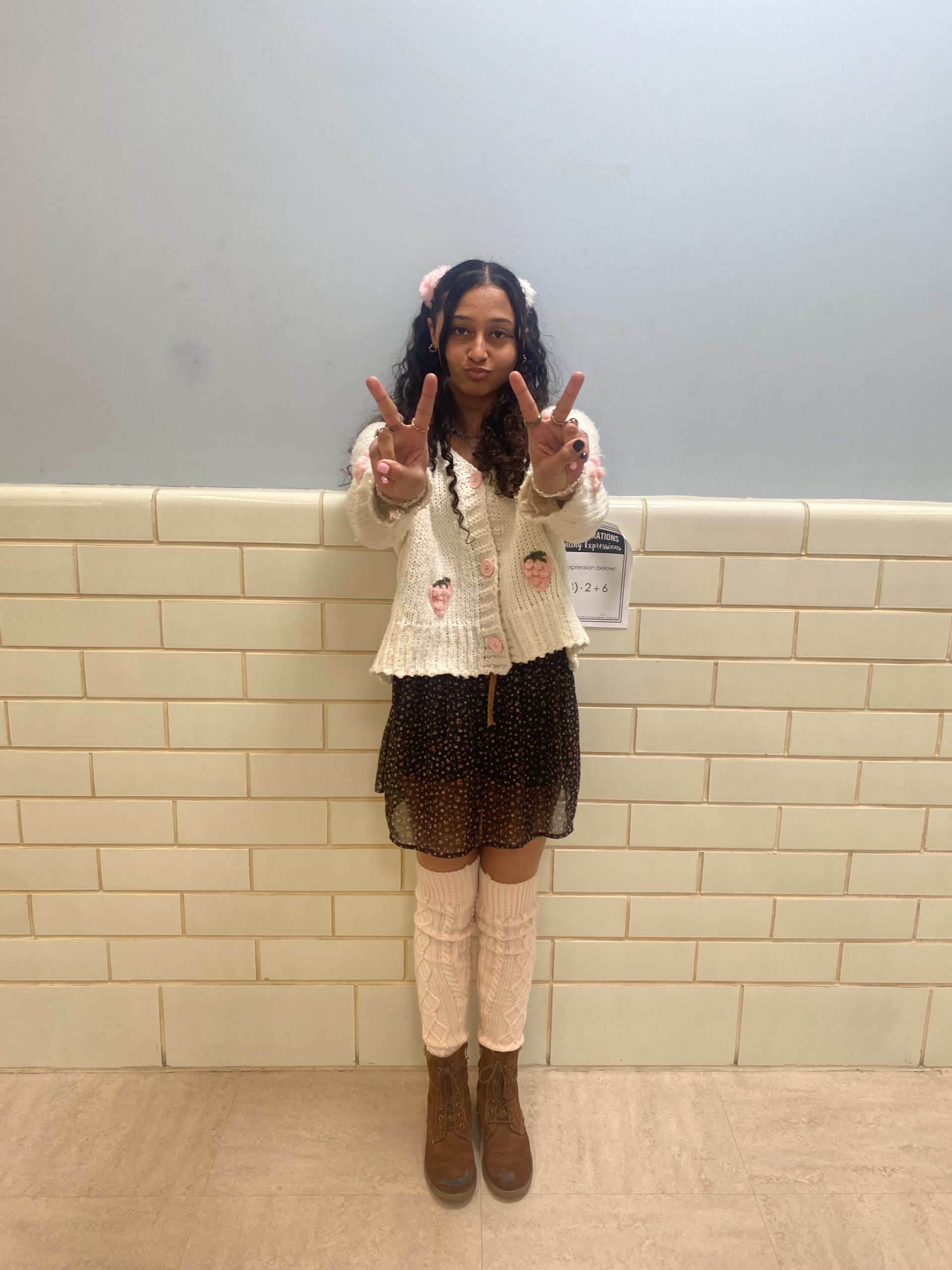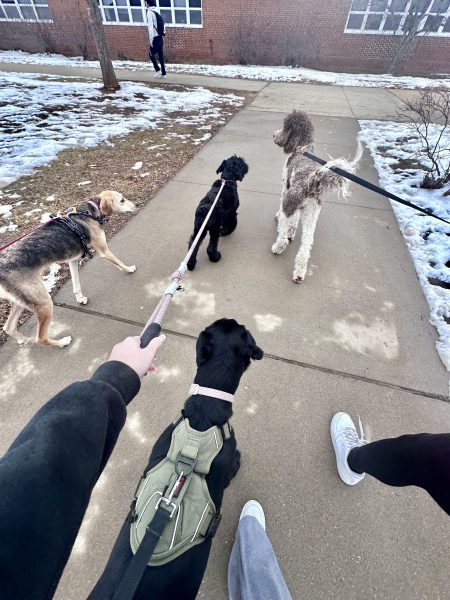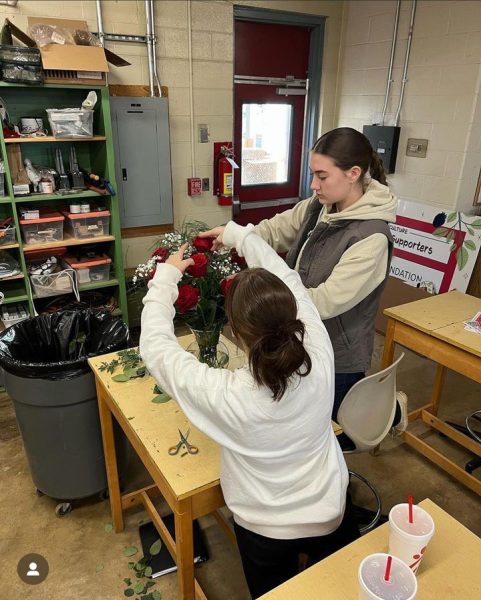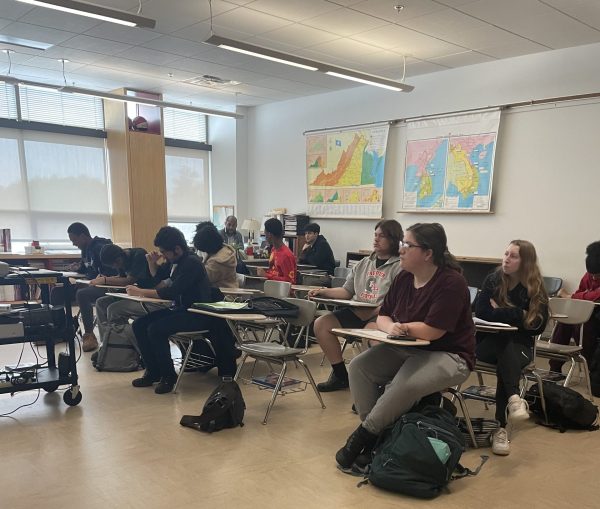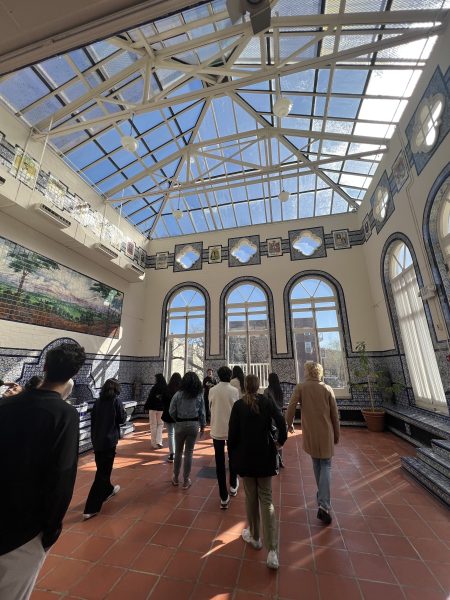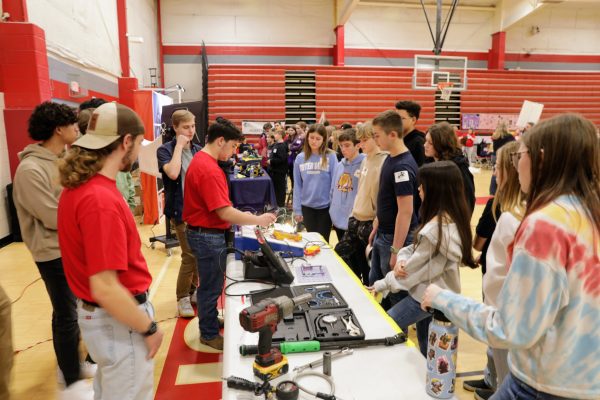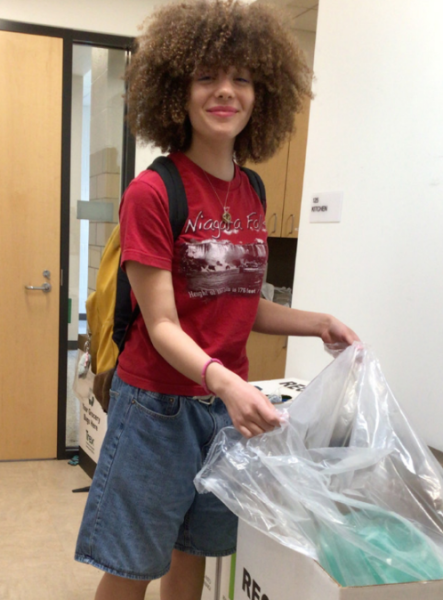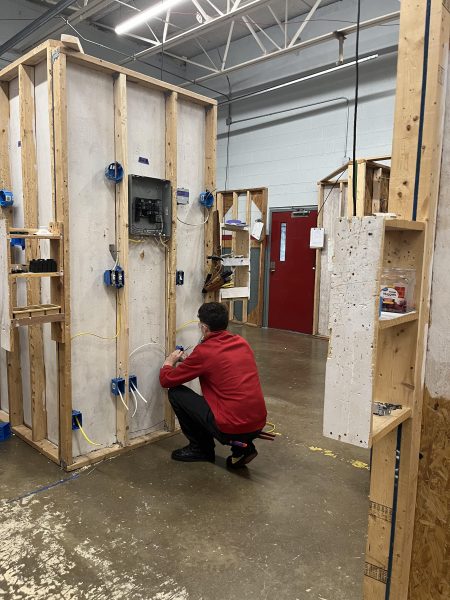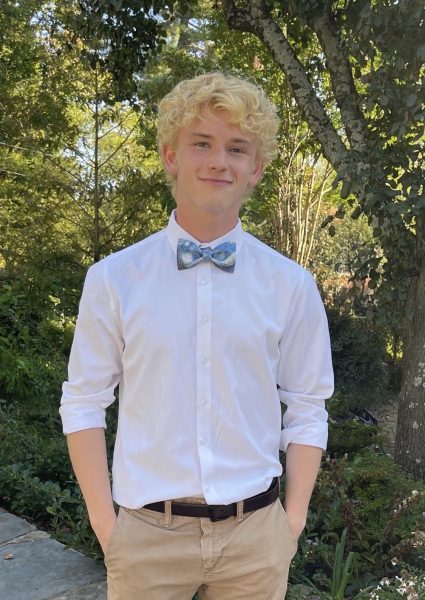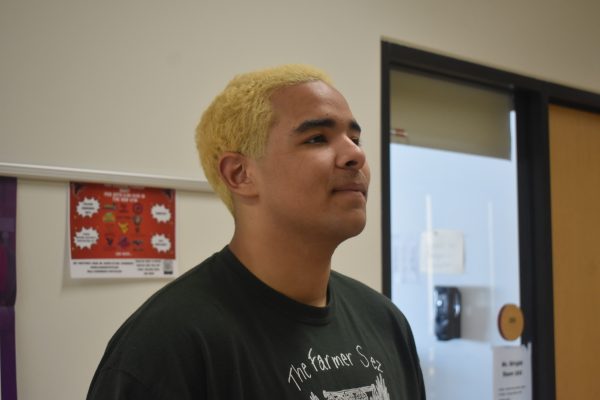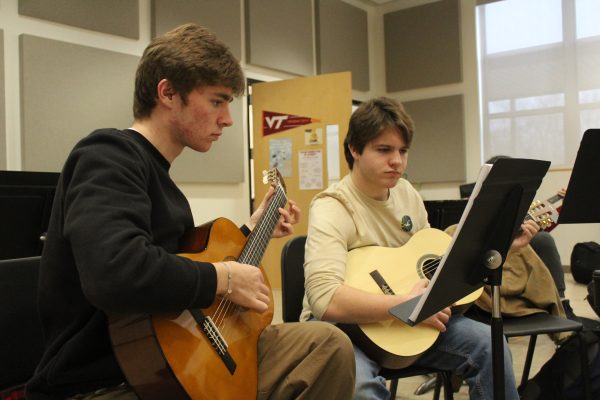Q&A with 9/11 first responder Gregory Brady
October 11, 2013
On the morning of September 11, 2001, Police Officer Gregory Brady was the Desk Officer for the Port Authority Police Office located in the World Trade Center. During this day of one of the country’s most tragic events, Brady helped manage the quick reaction of emergency rescue workers to the scene of the terrorist attacks. Officer Brady also directed the organization and planning of this rescue operation and kept supervisors posted on the chaotic situation. With the help of six other Port Authority police officers, Brady provided a path for the injured that allowed rescuers to help and lead victims out of the area. Officer Gregory Brady was nominated for the prestigious Port Authority Police Commendation Medal.
Q: How did you become aware that something was wrong that morning?
A: I wasn’t positive at first, but a patrol officer reported a small airplane crashing into Building #1. I saw masses of people hurrying past our commands to the exits of the building, and then the phones started ringing off the hook. I recall one specific phone call from a construction company located in the B-7 level of the building (several floors below the street). They reported that they were trapped as a result of a plane hitting the World Trade Center.
Q: What were your first thoughts or reactions when you heard the news?
A: I didn’t have any time to think about what was going on; the phones and radio transmissions were crazy. I was in charge of answering the phones and getting emergency rescue workers to the scene by myself for a while, until my relief officers came to assist me. I had conversations with many of the people who were trapped on the upper floors of the building. I also conversed with NYPD, FDNY, and EMS to inform them of the people stuck on the upper floors. I informed the victims that help was on the way.
Q: Are there any vivid memories that you have from 9/11?
A: There are many memories of that day: hearing the second plane hit, a report of a missile attack on Broadway, and seeing fellow Port Authority Officers, who I had known for a long time, leaving to aid in the rescue and never to be seen again. I also saw a woman in a blue dress jump to her death from Tower 1, and watched the tower collapse after I left my building.
Q: What were you most concerned about at this time?
A: The thing we were most concerned with was we had lost all our communications – phone, electrical power, and radio transmissions. We didn’t know it at the time, but that had to do with Tower 2 collapsing. We huddled underneath the police desk and we heard a loud noise coming our way. After the noise subsided, we got out from under the desk, and it was all just dust and smoke surrounding us.
Q: When did you leave your building and what did you see?
A: After we realized there wasn’t any more power for communication, we left. There was nothing more that we could do without communications. We walked out onto Church Street and headed north to Murray Street. It was dark and seemed like it was snowing because of the dust. We passed our captain’s car which was crushed by falling debris. The sun was shining, and it was eerie to see the sun out among so much destruction. We walked down onto West Street, which was very busy with emergency vehicles and emergency personnel.
Q: Where were you when Tower 1 collapsed?
A: It was actually right when we were on West Street. Tower 1 was still standing, and all of a sudden the antenna began to wobble. Then, the building just collapsed. My group and I began running north, away from Tower 1. The smoke and debris chased us up West Street. Once we escaped the cloud of dust, our group got back together at Manhattan Community College to await further orders from our supervisors. The college became our command area. We wanted to get back to Ground Zero to search for those who were missing, but we were told it was too dangerous at the time.
Q: What did you do once you were released from your duties on 9/11 and how was your life affected from that day?
A: I was released from duty at 5:00 PM and told to return the next morning. Once I got home, I got in touch with my wife Mary Ann and contacted my brother and sister to tell them that I was okay. The next morning, I returned to work at Ground Zero on a recovery team and to assist the Medical Examiner’s Office in a temporary morgue. For a year and a half, our department was put on twelve hour tours.
Q: Did you lose any loved ones in the 9/11 attacks?
A: Fortunately, I didn’t lose any loved ones, but the Port Authority Police lost 37 officers, most of which I knew and worked with. It was very sad. Four of them were Academy classmates, and three were fellow Pipes and Drums members. I am a bagpiper with the Port Authority pipe band and our members spent the next couple of months playing at funerals for the 37 officers who were killed.
Q: Have there been any instances in your life that compared to the devastations of 9/11?
A: In 2012, Hurricane Sandy went up the East Coast and completely destroyed my home and neighborhood in Breezy Point, New York. We had nothing left, and it reminded me so much of the debris and rubble from 9/11. This was the worst disaster that I have seen since the 9/11 attacks.
Q: Have you been to Ground Zero since the attacks?
A: I have been to Ground Zero on numerous occasions as a visitor and also with my Pipes And Drums band to perform different ceremonies celebrating 9/11. It’s a beautiful site now. Not a day goes by that I don’t think about the lives that were lost.

